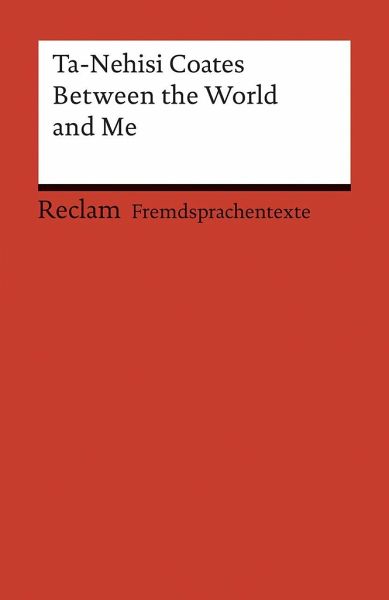

And the police were, in that respect, very much the same way. And I talk about that a little bit in the book.

You can negotiate things, you know? There are ways of, you know, dealing with folks. I mean, everything does not always come to violence. But, you know, when you live in the neighborhood, these are people who you see, who you talk to. The police were another force to be negotiated that could dispense violence.Īnd, you know, I want to be, you know, really clear about that because when you're on the outside it's very easy to, you know, label a group of, you know, a, quote, unquote, "gang" as criminal. But at the same time, there was definitely another part of me that basically recognized them as another element within the society, within the community, with no real moral difference from the crews and the gangs and the, you know, packs of folks who dispensed violence throughout the neighborhood. I, you know, am an American and so I did understand them as representing, you know, some aspect of the state that I was a part of, some aspect of the country that I was a part of. So there are two sides to this, you know, 'cause I don't want to be too cynical here. TA-NEHISI COATES: They were another force. So when you were growing up in West Baltimore, what did the police mean to you when you were your son's age? The book is addressed to your teenage son. You wrote this new book in response to the recent police shootings of African-American people - children and adults. GROSS: Ta-Nehisi Coates, welcome back to FRESH AIR.

Last year, he won a George Polk Award for his Atlantic cover story "The Case For Reparations" about the long history of what he calls white-imposed black disadvantage. Coates is national correspondent for The Atlantic magazine. Coates was born in 1975 and grew up in West Baltimore, where he says everyone had lost a child somehow – to the streets, to jail, to drugs, to guns. And this year, Coates was the recipient of a MacArthur genius award. It won the National Book Award for Nonfiction. It's titled "Between The World And Me," and it draws on history as well as personal experience to discuss the different forms of violence young African-Americans are especially vulnerable to from all directions – on the street, in school and from the police. In a year when so many African-American parents were worried that their son would become the next Trayvon Martin or Michael Brown, Ta-Nehisi Coates wrote a book in the form of a letter to his teenage son.

Today, we’re continuing our series featuring some of our favorite interviews of the year.


 0 kommentar(er)
0 kommentar(er)
